Supporting the Call for Philanthropy at Scale
Life-saving and livelihood-improving technologies need philanthropic support to become part of people’s lives. In the 2024 Bill & Melinda Gates Foundation annual letter, Mark Suzman calls on philanthropists to scale and catalyze the “robust pipeline of health and technological innovations and proven solutions.” At the Mercury Project—an initiative generously supported by multiple philanthropists—we fully support this call to action amid emerging constraints on public health funding. And we additionally note the need for investment in decision-making solutions to ensure the uptake and use of proven health and technological solutions.
To protect lives and livelihoods, we underscore the need for philanthropic investment in insights from the social and behavioral sciences to unlock “the full potential of philanthropy.” The investments that the foundation makes in health, agricultural, and climate-mitigating technologies are critical. However, improving lives and livelihoods also requires ensuring that people are ready, willing, and able to use these technologies. Investments in developing and distributing these technologies will not pay off without complementary investments in people’s trust in new technologies and their information environments. For the past two years, this vision has been executed with the 100+ researchers and practitioners in the Mercury Project Research Consortium, who have been developing and testing the kinds of cost-effective, scalable solutions that ensure that vaccines don’t sit in store rooms and on shelves.
To ensure that vaccines become vaccinations, we need decision-making solutions carefully designed and rigorously tested through social and behavioral science. As CEO Suzman notes, if philanthropists act by mobilizing $7B, we have the potential to prevent at least 7 million deaths by reaching 300 million people with vaccines. Social and behavioral science can help ensure that those vaccines are used. Science-based health decision-making doesn’t happen automatically, and does not happen disconnected from human fallibility and social and information environments. Nor is it always clear how to encourage and enable key protective health behaviors like vaccination—even when people want to get vaccinated. Not all intentions become actions. Social and behavioral science can help, by diagnosing barriers to forming and acting on pro-vaccine intentions, and by designing and testing solutions to overcome identified barriers.
The eighteen teams in the Mercury Project Research Consortium are testing components of four different intervention design choices to see what works to increase vaccinations.
First, people may not have accurate, actionable information about vaccines and vaccine-preventable diseases—and the search costs of finding that information may be too high. This can, in part, be mitigated with interventions designed to compellingly provide high-quality information, such as through local influencers on social media in the Harnessing influencers project in Kenya, Nigeria, and South Africa.
Second, people may not have the skills or bandwidth to sort through competing sources of information and form a vaccine intention; that is, decision costs may be high. We can invest in solutions designed to build information literacy skills, as in the BIMLI project in India, and by supporting guided conversations about vaccine choices, as the Health ambassadors project is testing in Côte d’ Ivoire, Malawi, Senegal, and Zimbabwe.
Third, people may also face high logistical costs to following-through on a vaccination intention, which takes effort, time, and money. In Senegal, the team Yaay ju wér, doom ju wér is testing the potential of offering Covid-19 vaccines to caregivers during well-child visits, while in Sierra Leone, the team Marklate don cam is testing the cost-effectiveness of using mobile vaccination units to extend primary health care in remote rural areas.
Fourth and finally, intervention designers can consider how to leverage the non-health benefits, including social benefits, of sharing accurate information and getting vaccinated. For example, in Tanzania, people tuning into the Sauti Ya Tiba radio program (part of the Afya yako project) will learn about journalists’ and medical leaders’ vaccine decision-making and status; in Sierra Leone, the project Sharing in social networks encourages people to share accurate vaccine information and their own vaccination status with their networks on WhatsApp.
Solutions-oriented social and behavioral science research needs to be scaled and catalyzed through philanthropy, too. The social and behavioral sciences can be a force multiplier, enhancing the impact of any investment to address poverty, disease, and inequality. Tapping into this potential is more dependent on private philanthropy than ever before. One tool to leverage the potential of policy-relevant social and behavioral science is through coordinated, scaled trials. Such trials require implementing and testing promising interventions in several sites at once, with concrete plans for evidence synthesis. We look forward to unleashing the power of social and behavioral science, bringing us closer to a world where vaccines become vaccinations, where information empowers, and where philanthropy fuels progress.

